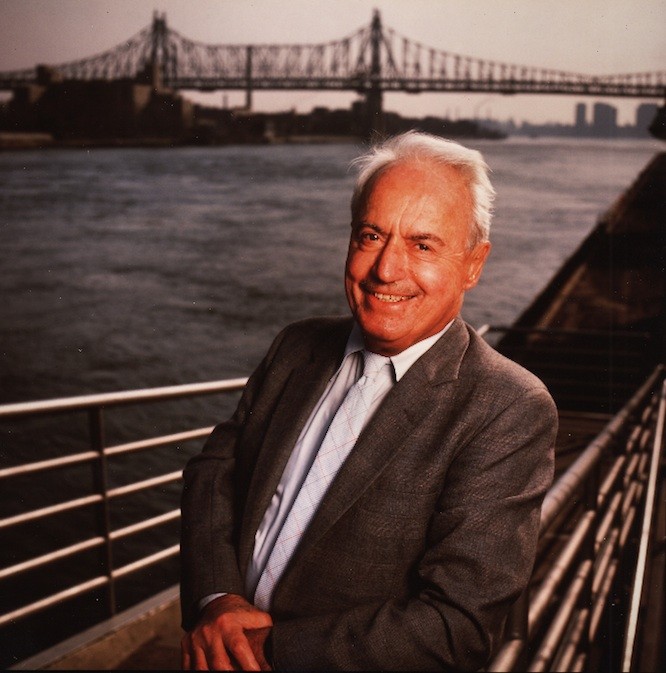Hall of Fame blocks Jewish exec
With another season of “America’s pastime” beginning March 22, Jewish executive Marvin Miller remains out of the National Baseball Hall of Fame. Why is that the case?
Bob Locker—a major league pitcher from 1965-75 and creator of Marvin Miller tribute site, ThanksMarvin.com—blames ownership for excluding Miller, the pioneering executive director of the Major League Baseball Players Association (MLBPA) from 1966-82.
“It’s a good old boys’ fraternity and has been for years,” Locker told JNS.org regarding Major League Baseball team owners. “Until Marvin, they were used to having whatever they wanted, however they wanted it, in Major League Baseball. When they had to look at the game and the players, they resented it. It hurt. After all, the Hall of Fame is about the people who had the greatest impact on the game of baseball. To me, Marvin Miller is number one.”
Born in 1917 to Jewish parents in the Bronx, he grew up in Brooklyn rooting for the Dodgers. His father, Alexander, was a salesman for a clothing company on the Lower East Side. As a youngster, Marvin walked a picket line in a union-organizing drive. His mother Gertrude taught elementary school and was a member of the New York City teachers union, now the United Federation of Teachers. He died in November 2012.
Perhaps his early exposure on the picket line led him to his life’s work—transforming the baseball players’ union into one of the strongest in the United States.
A member of the National Jewish Sports Hall of Fame, Miller wrote in his memoir, “A Whole Different Ball Game,” that in his estimation “ballplayers were among the most exploited workers in America.”
Locker, who pitched for five different teams and was a member of the 1972 World Series champion Oakland Athletics, said his tribute site collects memorabilia about Miller to raise awareness of his importance to American labor unions, and to get Miller elected to the Baseball Hall of Fame. In 2013, Miller’s candidacy failed to garner enough votes for 2014 induction as one of 12 names on the “Expansion Era” ballot.
Miller is considered the labor negotiator who changed the character of American professional sports. As executive director of the MLBPA, he presided over the suspension of the “reserve clause” that bound players to the team that held their contract, the introduction of salary arbitration in player-management disputes, and the birth of free agency, which allowed a player movement to seek the best offer for his services.

 66.0°,
A Few Clouds
66.0°,
A Few Clouds 




